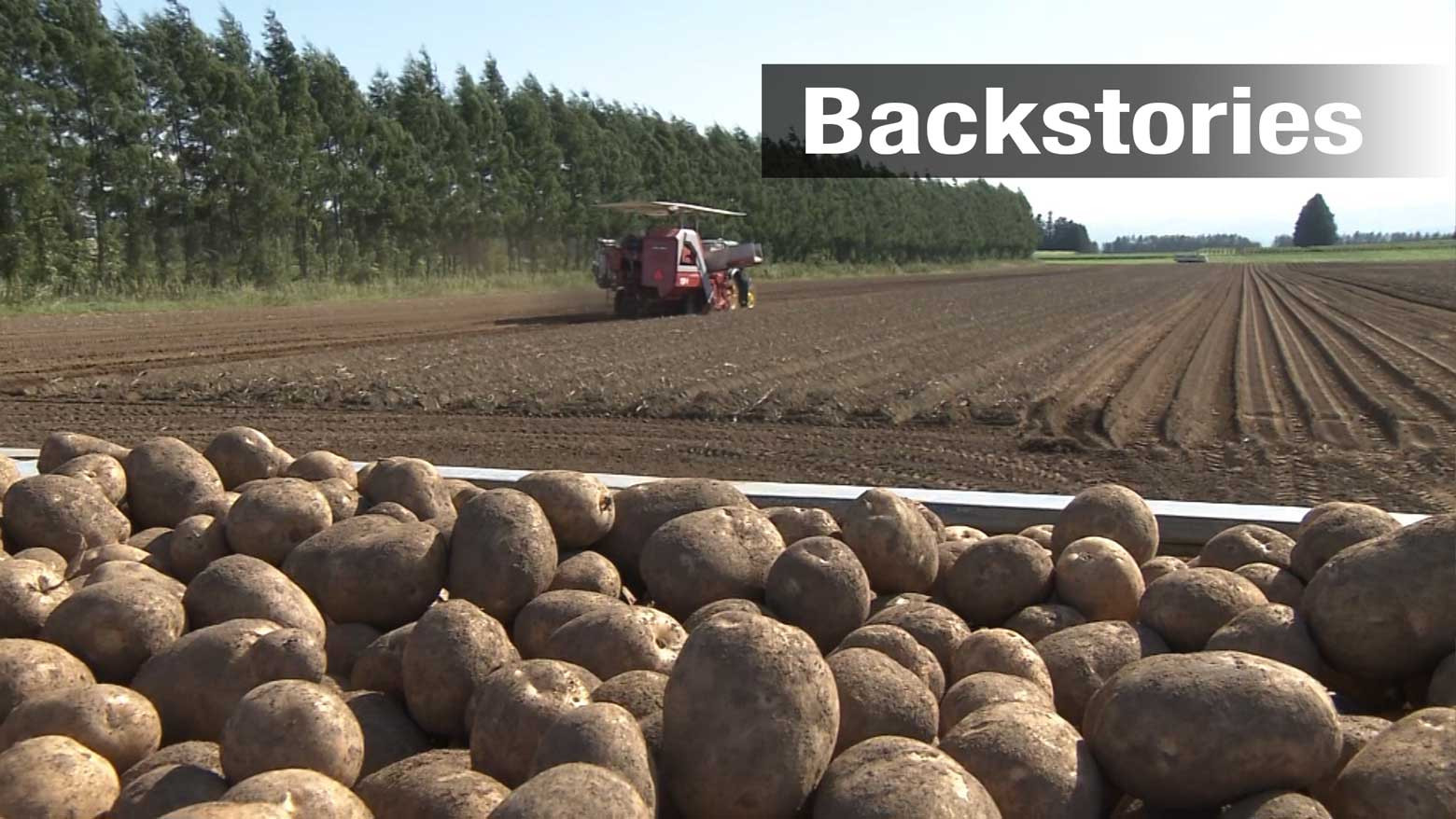Damaged potato fields
In 2016, three tropical storms blew through Hokkaido in northern Japan in just one week. It was the first time this had happened since record-keeping began. Potato crops in the prefecture were badly damaged.
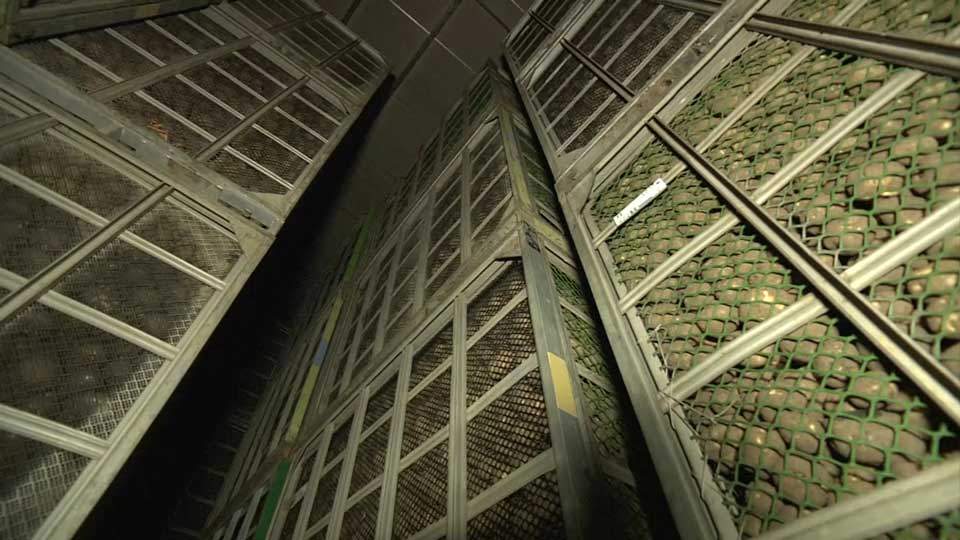
Calbee Potato in Hokkaido stores potatoes for sale to producers of more than 100 food items, including chips. The potato shortage caused by the storms meant 33 products had to be discontinued or production suspended. The episode became known as "the potato shock."
Learning from this, the company has taken steps to ensure more stable procurement. It had previously sourced potatoes from limited areas in Hokkaido. It has since expanded sources and is also working on developing hardier potato varieties.
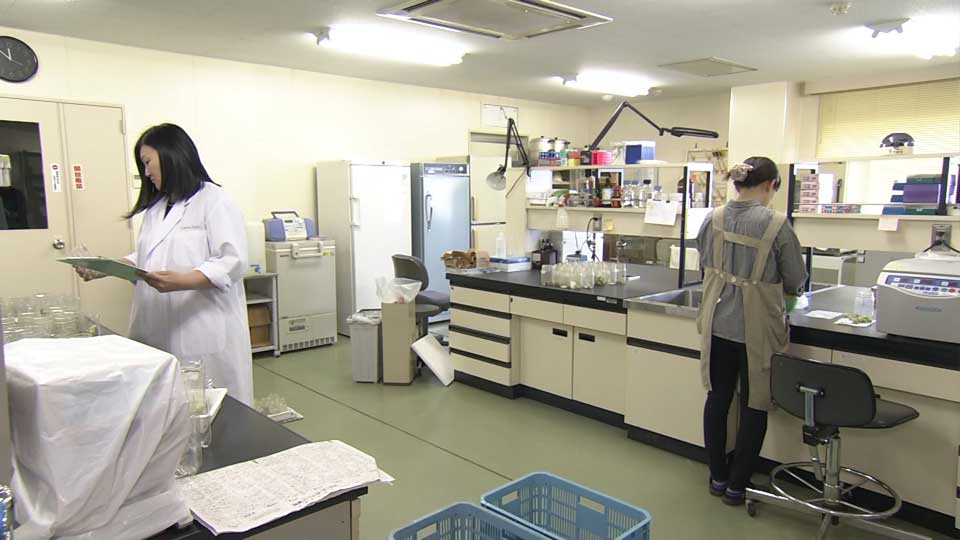
"Global warming not only means higher temperatures, but also more rain, and that means fewer hours of sunlight," says Hiroyuki Uemura, Managing Executive Officer of Calbee Potato. "We want to do more of this kind of research and development in cultivation."
Providing fuel for community
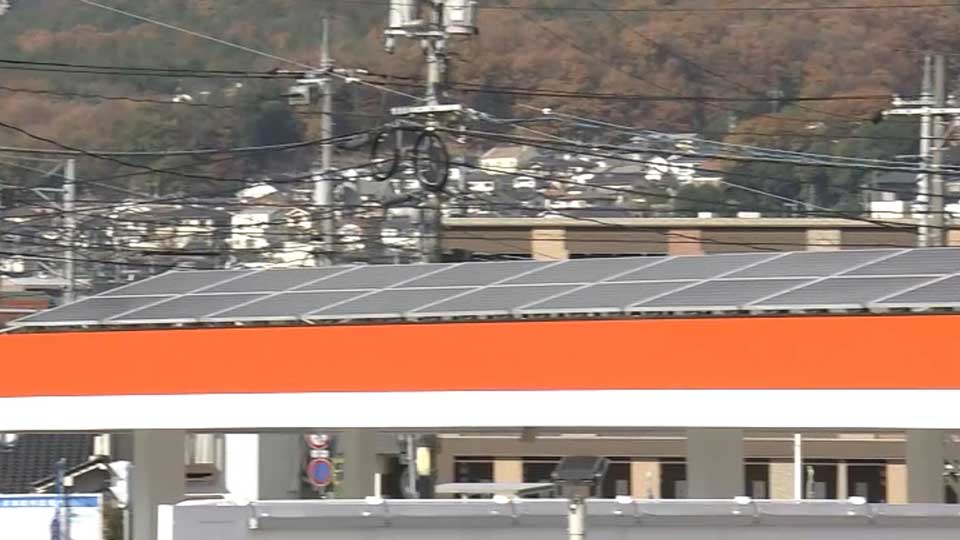
Torrential rains have pounded Hiroshima Prefecture in western Japan in recent years. A gas station in the prefecture has solar panels on the roof to cope with power outages. It also has a fuel-powered generator in the event that solar power is not available, and a water storage tank in case the water supply is cut.
The same modifications have been made at other gas stations in the chain. One of the stations was able to continue to do business during power and water cuts resulting from heavy rains in 2018.
Hiroshi Hattori, executive officer of Sogo Energy, says a gasoline shortage at the pumps during a disaster would hamper rescue and recovery efforts.
"We believe it is our mission to provide fuel, no matter what happens. This is about people's trust."
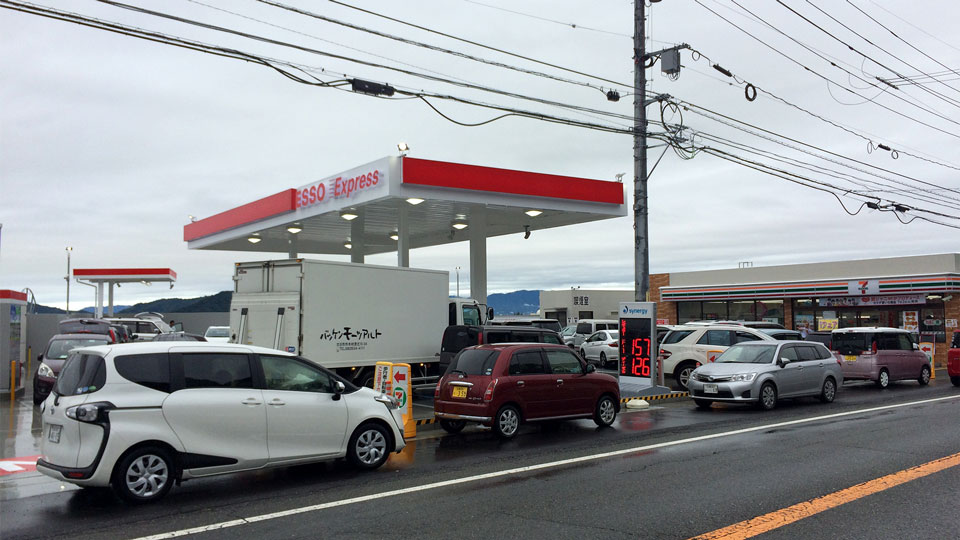
Protecting the local economy
All these efforts cost money, but the gas-station chain has been getting financial support.
A local bank in Hiroshima offers loans for what it calls "business continuity planning," or BCP. The bank says quick and smooth recovery from a disaster helps the local economy. It offers loans as well as services for assessing possible damage and making plans to cope with it.
"We think all companies should brace themselves for natural catastrophes and be able to resume business smoothly," says Ryuichi Aoki, general manager of Hiroshima Bank. "I hope companies will beef up their disaster preparedness."
Preparing for the next disaster
Japan's Meteorological Agency says the country last year was hit with nearly double the usual number of typhoons. One expert says anti-disaster measures are becoming essential, as typhoons, rain and other natural phenomena increase in severity.
Many businesses across Japan have been busy preparing for the next disaster. This work increases the costs and challenges of doing business in an era of devastating weather events that are more frequent than before.
